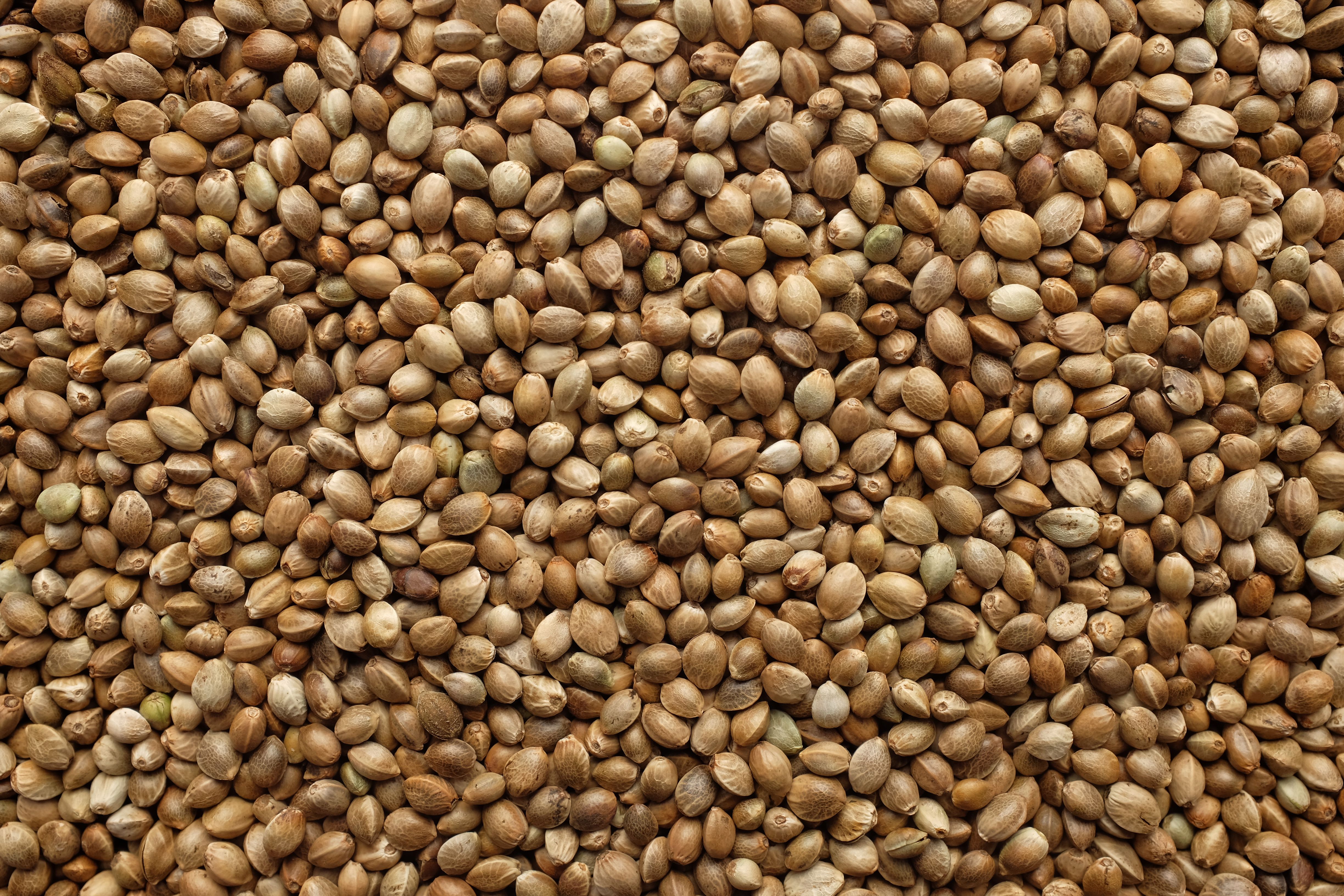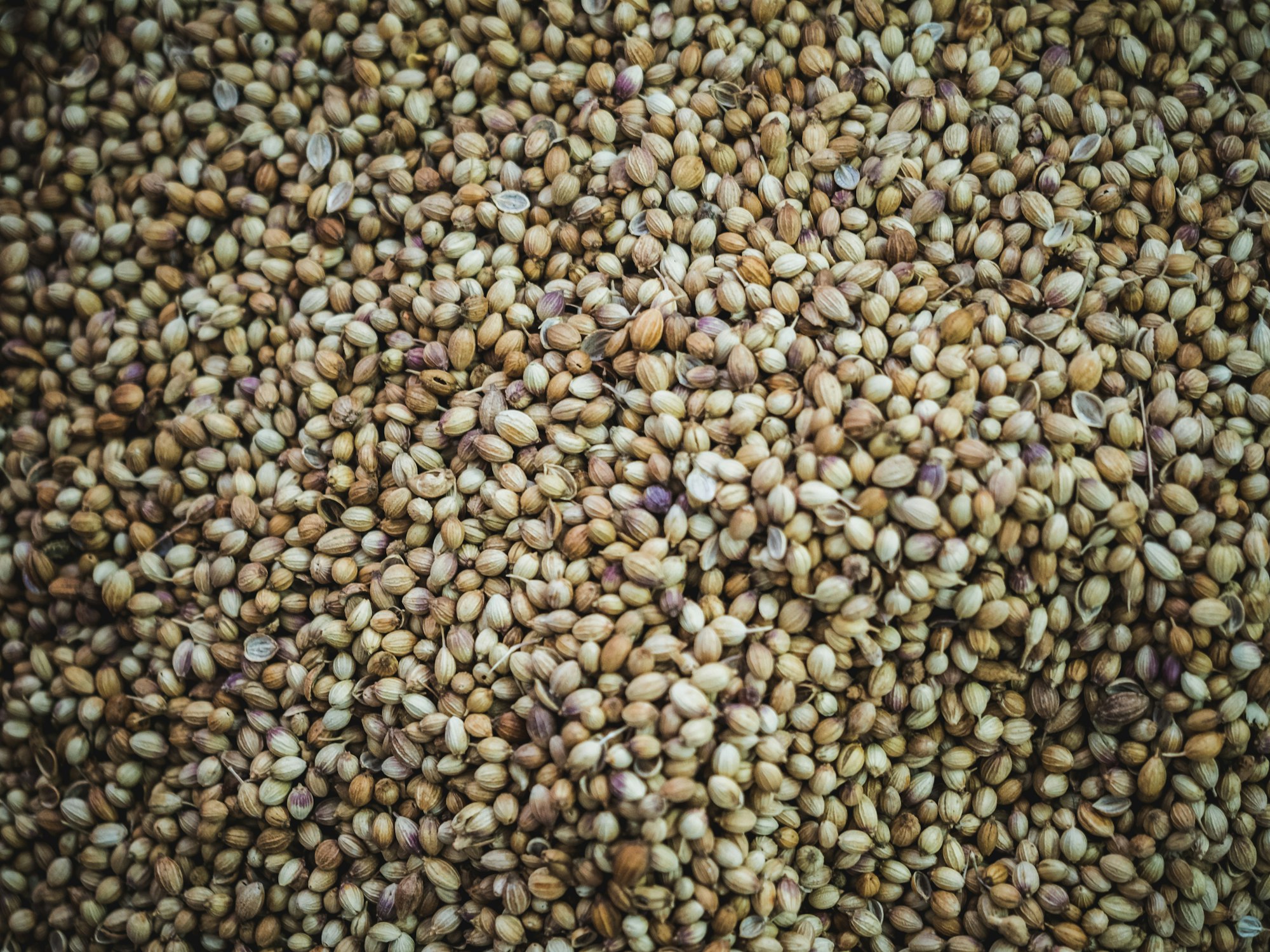Hemp in the food industry: A look at the future
Hemp seeds, once a by-product of industrial hemp production, are now attracting the attention of the food industry due to their high nutritional value thanks to their high oil and protein content and their antioxidants.

A recently published paper in the "Journal of Cannabis Research" discusses the development possibilities for an industrial hemp industry. The focus is on the prospects of hemp seeds and their constituents for use in food and what opportunities hemp seeds offer in the food industry.

Hemp: a promising source of food ingredients
It is believed that the origins of hemp date back to around 2700 BC in China, where it was used for medicinal purposes. Today, hemp is used in various areas, for example as a building material, biofuel, or for textiles.
The hemp plant is very environmentally friendly and can therefore be considered a sustainable alternative in the area of crops. Hemp thus offers the opportunity to expand our agricultural biodiversity.
Hemp seeds, once a by-product of industrial hemp production, are now coming into the limelight due to their high nutritional value thanks to their high oil and protein content and their antioxidants.

Global market prospects and challenges
The global hemp industry, especially in countries such as the USA and Australia, is experiencing an upswing due to legal changes. The estimates for the global industrial hemp market until 2025 are promising, even though the industry is still in its infancy. Despite challenges such as the risk of hemp plants "hot going" (exceeding the set THC limit) and the need for specialised harvesting machinery, interest in hemp as a source of plant protein is growing rapidly.

The hemp seed: Nutrient-rich and versatile
Hemp seeds are of particular interest to the food industry. They are rich in macronutrients, minerals, and phytonutrients and provide an excellent source of essential amino acids and omega 3 fatty acids. With their high protein quality and good digestibility, they are an attractive alternative to conventional protein sources.
The paper also points out that compared to other oilseeds, such as soya beans, hemp seeds contain fewer allergens and no known gluten allergens, making them an ideal ingredient for gluten-free diets.

Hemp seed products and applications
Hemp seeds and their derivatives offer a range of nutrient-rich food ingredients, including whole seeds, hulled seeds, oil, protein concentrates, and more.These ingredients are increasingly being used in various foods, and interest in other parts of the plant such as shoots and leaves is also growing. However, their use in food is regulated by set THC and CBD levels, with permitted levels varying from country to country.

Hemp seeds in food
Hemp seed flour, which has a higher nutritional quality compared to wheat flour, is used to fortify foods.
Hemp seed oil, which is rich in polyunsaturated fatty acids, is suitable for salad dressings, but not for frying due to its high unsaturation.
Hemp proteins contribute to the production of meat substitutes and other nutritious and bioactive components in food. It can already be found in many supermarkets in Germany, included in a meat substitute from a big brand.

Challenges and recommendations for the future
For the success of the hemp supply chain, a holistic approach involving different stakeholders and taking into account market requirements is essential.
Recommendations mentioned in the paper include the development of robust cultivation practices, efficient harvesting processes, safe storage and transport conditions, and the improvement of hemp seed processing protocols. It also emphasises the importance of consumer education and the development of recipes using hemp ingredients.

Conclusion: Hemp in the food industry
The increasing demand for plant-based protein sources and the desire for more sustainable foods make hemp an important ingredient for the future.
In summary, while hemp seeds and their derivatives have significant potential for nutrient-rich food utilisation, attention to regulations, consumer acceptance, and consistent quality is critical to their successful integration into the food industry.



